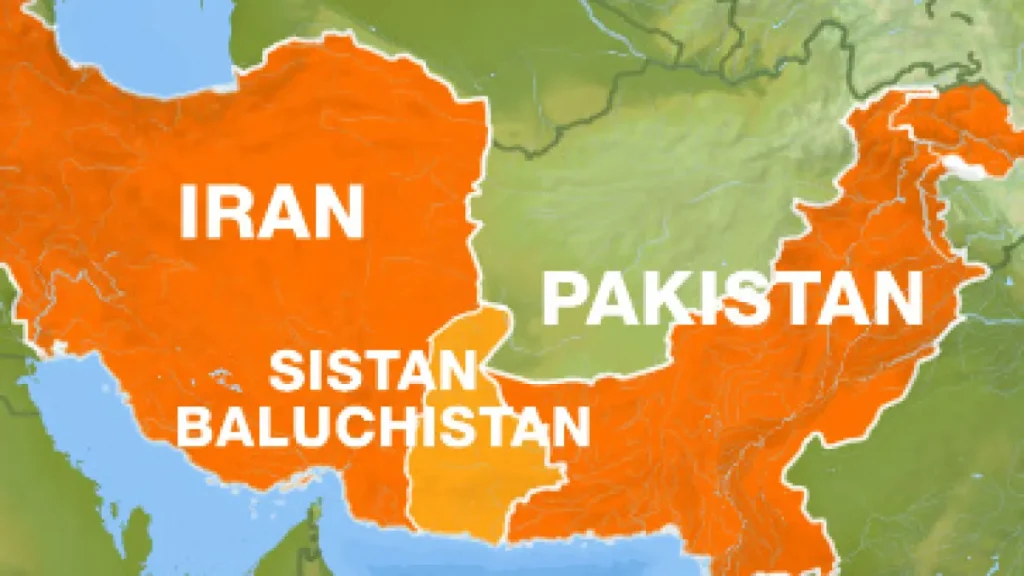The recent killing of eight Pakistani nationals in Iran’s Sistan-Baluchestan province, reflect the persistent volatility along the Iran-Pakistan border and the urgent need for coordinated strategies to address militant violence.
On April 12, 2025, eight Pakistani laborers were killed by unidentified gunmen in Mehrestan County, located in Iran’s Sistan-Baluchestan province near the Pakistan-Iran border. The victims, reportedly auto mechanics, were targeted in an attack. This incident has heightened concerns over the safety of migrant workers and the stability of the region. This incident follows a similar attack in January 2024, where nine Pakistani laborers were killed in Saravan, Iran, under similar circumstances.
Sistan-Baluchestan province has long been a hotspot for insurgent activities, with various separatist groups operating across the Iran-Pakistan border. The region’s complex socio-political landscape, marked by ethnic tensions and economic disparities, has contributed to its instability.
The Balochistan National Army (BNA), a separatist group, claimed responsibility for the recent attack, alleging that the victims were members of Pakistan’s intelligence services. However, this claim remains unverified, and Iranian authorities have condemned the killings as a terrorist act and pledged to bring the perpetrators to justice.
In response to the attack, Pakistani Prime Minister Shehbaz Sharif expressed profound grief and emphasized the necessity for regional cooperation in combating terrorism. He urged the Iranian government to apprehend those responsible and to share the findings of their investigation with the public. Pakistan’s Foreign Ministry has been in continuous contact with Iranian counterparts to facilitate the repatriation of the victims’ bodies and to ensure a thorough investigation.
The periodic attacks on Pakistani nationals in Iran have strained diplomatic relations between the two countries, which have been attempting to mend ties following previous cross-border tensions. These incidents highlight the challenges both nations face in securing their shared border and addressing the root causes of insurgency. The safety of migrant workers, who often cross into Iran for employment opportunities, remains a pressing concern.
The targeted killings of Pakistani laborers in Iran mark the fragile security situation along the Iran-Pakistan border and the complexities of regional insurgency. Addressing these challenges requires constant diplomatic engagement, intelligence sharing, and the implementation of comprehensive counterterrorism strategies. Guaranteeing the safety of migrant workers and fostering regional stability must remain a priority for both nations.


